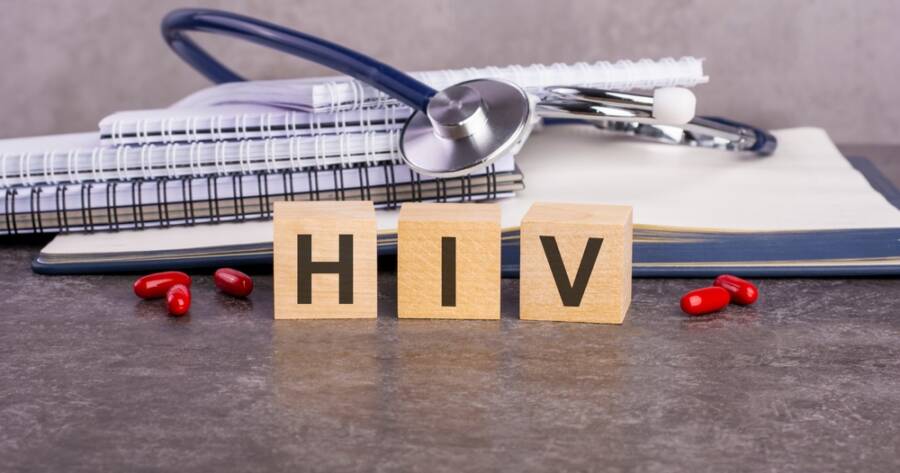Discovering you have HIV can be overwhelming. The first steps are crucial for your health. Taking control of your future starts now. Immediate action can make a significant difference in your quality of life.
Seek Immediate Medical Attention
Upon diagnosis, schedule a medical appointment immediately. An HIV specialist will guide you on the next steps. Early medical intervention is critical to managing the virus effectively. Prompt action can significantly improve your prognosis.
Antiretroviral therapy (ART) is essential for treating HIV.1 ART helps control the virus and boosts your immune system. Begin your treatment regimen as soon as prescribed. Adhering to your medication schedule is vital for its effectiveness.2
Monitor Your Health
Regular health check-ups are necessary to monitor HIV progression. Your doctor will conduct routine blood tests to check your viral load and CD4 count. These metrics help in adjusting your treatment plan if needed. Staying vigilant about your health can prevent complications.
Living with HIV requires a focus on overall health. Eat a balanced diet to support your immune system. Regular exercise can improve your physical and mental well-being. Avoiding smoking, excessive alcohol, and drugs is crucial for maintaining health.
Build a Support System
Emotional support is vital after an HIV diagnosis. Reach out to family and friends for support. Consider joining support groups for people living with HIV. Professional counseling can also help you cope with emotional challenges.
It’s important to remember that you’re not alone in this journey, and many others are facing similar challenges. Connecting with others who understand your experience can provide comfort and a sense of community. Taking care of your mental health is just as important as managing your physical health during this time.
Stay Informed About HIV
Educate yourself about HIV and its treatment. Knowledge empowers you to make informed decisions about your health. Stay updated on new treatments and research. Understanding your condition helps you manage it better.
Long-term health planning is essential for living with HIV. Regularly review your treatment plan with your healthcare provider. Discuss any new symptoms or side effects immediately. Consistent medical care ensures you remain healthy over the years.
Protect Yourself and Others
Practicing safe behaviors is crucial to prevent HIV transmission. Always use protection during sexual activities. Inform your partners about your HIV status. Regularly discuss prevention methods with your doctor.
Additionally, consider getting tested regularly for HIV and other sexually transmitted infections (STIs) to ensure early detection and treatment. Encourage open communication with partners about sexual health and consent to reduce the risk of transmission. Accessing resources like pre-exposure prophylaxis (PrEP) can also be an effective way to lower the chances of contracting HIV.
Learn More Today
Living with HIV is manageable with the right steps. Immediate medical care and a proactive lifestyle are key. With dedication and support, those with HIV can lead fulfilling lives. HIV treatments, such as antiretroviral therapy (ART), help control the virus and prevent its progression. Regular medical check-ups, healthy habits, and a strong support system can significantly improve quality of life. It’s also important to stay informed about new advancements in HIV research and treatments.
